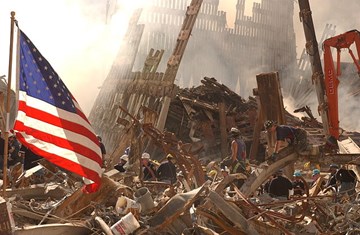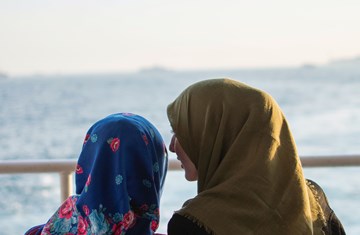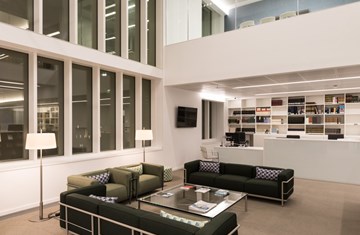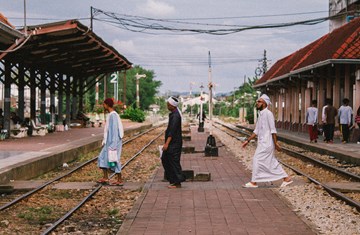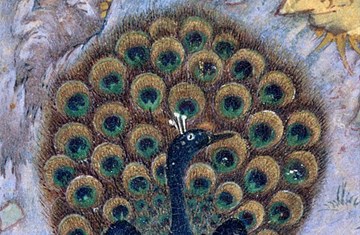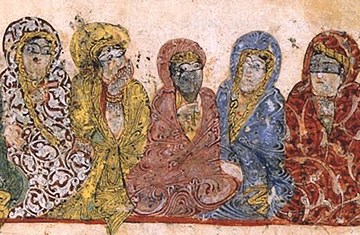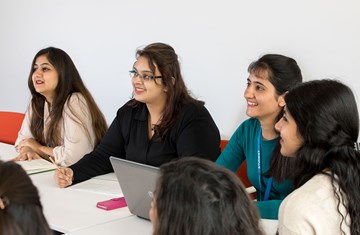Arbitration and Mediation in the Shi'a Imami Ismaili Muslim Community
This is an edited version of a talk presented as part of the 4th International Conference of the World Mediation Forum held in Buenos Aires, Argentina on May 10, 2003.
Abstract:
Tracing the development of conciliation, arbitration and mediation through theQur'an, the sunna and examples from early Muslim history, the author illuminates the place of conflict resolution in early Muslim thought and elucidates the institutional expression of this practice in the Ismaili Muslim community.
Providing an introduction and overview to the modern apparatus of the community in dealing with cases of conflict, the author highlights the writings of the "Fatimid" jurist Qadi Nu'man (d. 969) and examines the ordination of a modern constitution that is concerned with, amongst other things, the social governance of the Ismaili community and the formalisation of a series of institutions dedicated to amicable resolution in cases of dispute.
These bodies, known as the Conciliation and Arbitration Boards (CABs), operate today in Afghanistan, Canada, France, India, Iran, Kenya, Madagascar, Pakistan, Portugal, Syria, Tanzania, Uganda, the United Kingdom and the USA and in particular contexts are recognised as having jurisdiction over matters of Ismaili personal law.
Author

Dr Mohamed Keshavjee
Course Director
Mohamed M. Keshavjee is a South African born-lawyer called to the Bar at Gray’s Inn in 1969. He completed his LLM at London University and his PhD at SOAS with a focus on Islamic Law and Alternative Dispute Resolution (ADR). He has practised law in Kenya, Canada and the United Kingdom.
His first book, Islam, Sharia and Alternative Dispute Resolution deals with how Muslims engage with sharia, customary practices and the laws of the United Kingdom. He has spoken on ADR at conferences in Europe, North America and Asia, and has trained family mediators in the EU countries and imams and pastors in mosque and church conflicts in the UK and the USA, respectively.
In 2016, he was awarded the Gandhi, King, Ikeda Peace Award by the Martin Luther King Jr. International Chapel at Morehouse College, Atlanta, Georgia, for his work on peace and human rights education.


